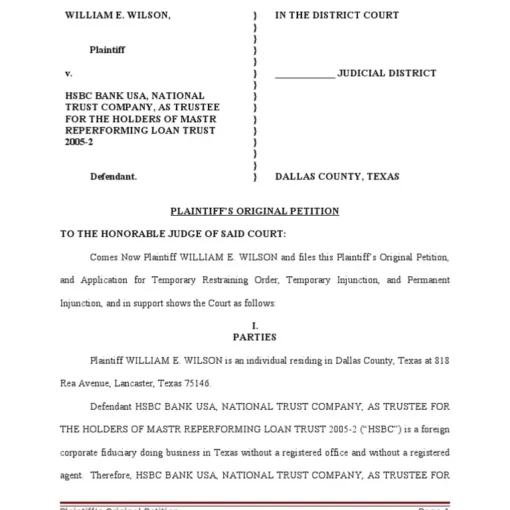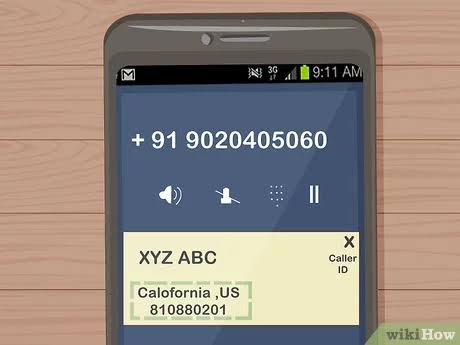Property is typically considered abandoned after divorce when both parties have clearly relinquished their rights and interests in it, and there is no intent or action to maintain or claim ownership. The exact timeline and circumstances can vary depending on the specific laws of the jurisdiction and the terms of the divorce settlement. However, below are some of the factors that often come into play when determining when property is considered abandoned after divorce.
Factors To Determine When A Property Is Abandoned After Divorce
1. Legal Separation Agreement:
In many cases, property division is addressed in a legally binding separation agreement or divorce decree. This document outlines the terms and conditions for property division, including any deadlines or requirements for transferring ownership. Once both parties have fulfilled their obligations as per the agreement, the property may be considered abandoned.
2. Intent to Abandon:
Abandonment often hinges on the intent of the parties involved. If either spouse explicitly states or demonstrates their intent to relinquish their interest in a particular property, this can be a clear indicator of abandonment. Such intent can be expressed in writing or verbally.
3. Vacancy and Neglect:
Property can be considered abandoned if it remains vacant and neglected for an extended period. This may include properties like a marital home, vacation home, or rental property. If neither spouse maintains or makes use of the property, it may eventually be treated as abandoned.
4. Failure to Pay Expenses:
If the property requires ongoing expenses such as mortgage payments, property taxes, or maintenance costs, a failure by both parties to cover these expenses can be indicative of abandonment. The failure to financially support the property suggests a lack of interest in maintaining it.
5. Non-Payment of Property-Related Obligations:
Failure to meet property-related obligations, such as homeowners’ association dues or utility bills, can be a sign of abandonment. This non-compliance can be considered evidence that neither party is actively maintaining the property.
6. Time Period:
The length of time that a property remains unused and neglected can also be a factor. In some jurisdictions, a property may be deemed abandoned after a specific period of inactivity, which can vary by location.
7. Court Order:
If the court issues an order specifying when and how property should be transferred or sold as part of the divorce settlement, failure to comply with this order can lead to the property being considered abandoned. The court’s decision carries legal weight and must be followed.
8. Third-Party Agreements:
If one of the spouses enters into an agreement with a third party to sell or manage the property, this can also impact whether it’s considered abandoned. Such agreements may override the notion of abandonment, as there is a clear plan for the property’s future.
It’s essential to consult with a legal professional in your jurisdiction for precise guidance on when property is considered abandoned after divorce, as laws can vary significantly from place to place. Additionally, the terms of your specific divorce settlement or separation agreement will play a significant role in determining the abandonment status of any property involved.
RELATED:
Property Tax Help For Low Income Home Owners
Bridge Loan Vs Mortgage: Features, Pros, Cons and FAQs
What Happens To The Properties Of A Convicted Person Sent To Jail?
Frequently Asked Questions
1. What happens to jointly owned property after divorce if neither party wants it?
In cases where neither spouse wishes to retain jointly owned property like the marital home, the most common solution is to sell the property and divide the proceeds according to the terms of the divorce settlement. If neither party wants to take responsibility for the property, a court may order its sale to ensure a fair distribution of assets.
2. Can property be considered abandoned if one spouse is still living in it after divorce?
Property is generally not considered abandoned if one spouse continues to reside in it after divorce. However, this can become a contentious issue, especially if the resident spouse fails to maintain the property or pay related expenses. In such cases, the court may need to intervene and address the property’s status.
3. What if one spouse wants to keep a property, but the other refuses to sign it over?
If one spouse wishes to retain a property, but the other refuses to cooperate by signing over their share or complying with the divorce settlement, legal action may be necessary. The requesting spouse can seek court intervention to enforce the terms of the settlement. The court can order the non-compliant spouse to transfer their interest in the property.
4. How can abandonment affect property division in a divorce?
Abandonment can significantly impact property division in a divorce. If one spouse abandons a property and fails to fulfill their financial responsibilities related to it, they may forfeit their claim to that property in favor of the other spouse. This can lead to an unequal distribution of assets, with the non-abandoning spouse receiving a larger share.
5. Can property abandonment be reversed or rectified after divorce?
Property abandonment can sometimes be reversed or rectified after divorce, but it typically requires the consent of both parties or court intervention. If one spouse abandoned a property and now wishes to reclaim it, they would need to negotiate with the other spouse to revise the terms of the divorce settlement. If an agreement cannot be reached, they may need to seek legal remedies through the court system.
It’s crucial to remember that divorce laws and procedures can vary widely depending on your jurisdiction, and the specific details of your divorce settlement will greatly influence how property abandonment is handled. Consulting with a qualified family law attorney can provide you with the most accurate and tailored guidance for your situation, ensuring that your rights and interests are protected throughout the divorce process.
Last updated on: April 11, 2024





